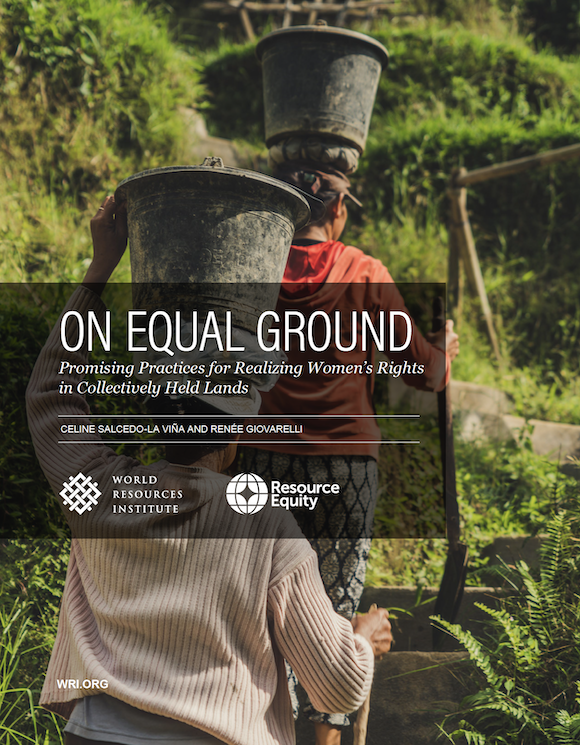Governing drylands as global environmental commons
Meeting the Sustainable Development Goals requires drylands sustainability. Treating drylands as global environmental commons enables better tailored governance responses. Key nested governance elements for drylands involve setting goals, monitoring and delivering sanctions across scales. The present global governance system for drylands only partially delivers these elements. Drylands require a particular focus on linking local and global governance.






